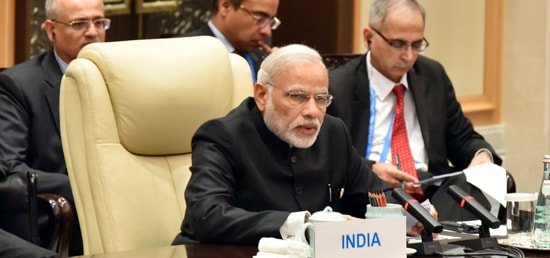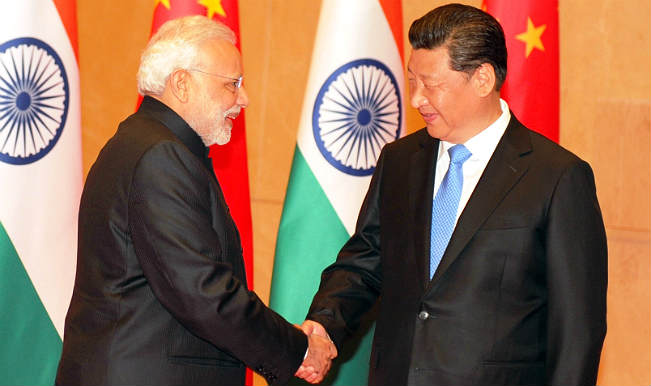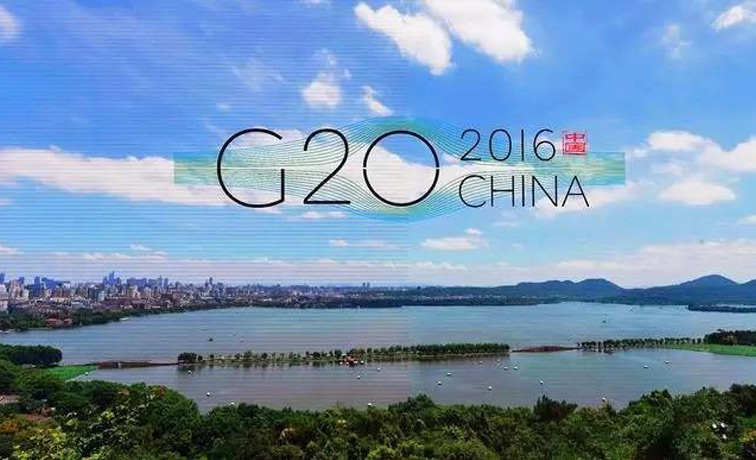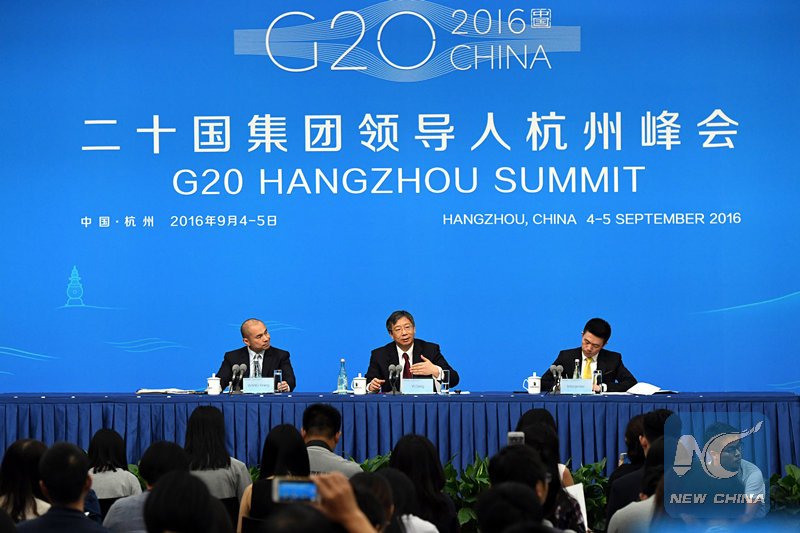
G20 summit: India, China converge on G20 agenda, Modi calls for action-oriented agenda for growth
It’s time to move beyond empty talk and forge an action-oriented agenda for collective action to forge more efficient and effective global economic and financial architecture. This was the central thrust of Prime Minister Narendra Modi’s intervention at the ongoing G20 summit of the world’s major economies in Hangzhou, the picturesque city famed for its iconic West Lake.
Mr Modi’s speech at the G20 summit saw a striking convergence with key thoughts expressed by President Xi Jinping at the opening of the summit on September 4, reflecting prospects of enhanced global cooperation between Asia’s second and third largest economies amid notes of dissonance on some bilateral issues. In his remarks at the summit, Mr Xi, the host of the G20 summit, lauded Mr Modi for his leadership of the Indian economy, and singled out India’s energy policy for special praise.
Building upon central tropes of his intervention on the Day 1 of the G20 summit the previous day, Mr Modi underscored the imperative need for “more efficient and effective global economic and financial governance,” and reiterated zero tolerance for corruption and black money, the twin issues which are also central to his domestic agenda for economic rejuvenation of India.
“G20 needs an action-oriented agenda of collective, coordinated and targeted action,” Mr Modi had told the world leaders on September 4. “To benefit all, G20 would need to act decisively. This will also require strong network of partnerships,” he said. Read more…



